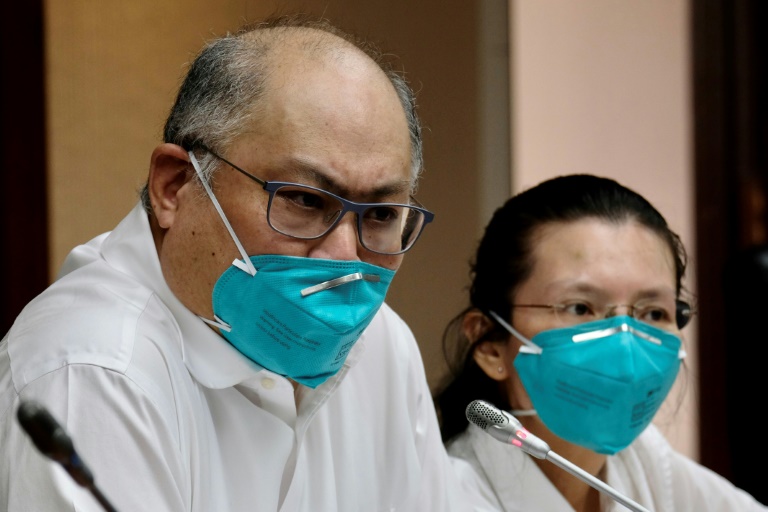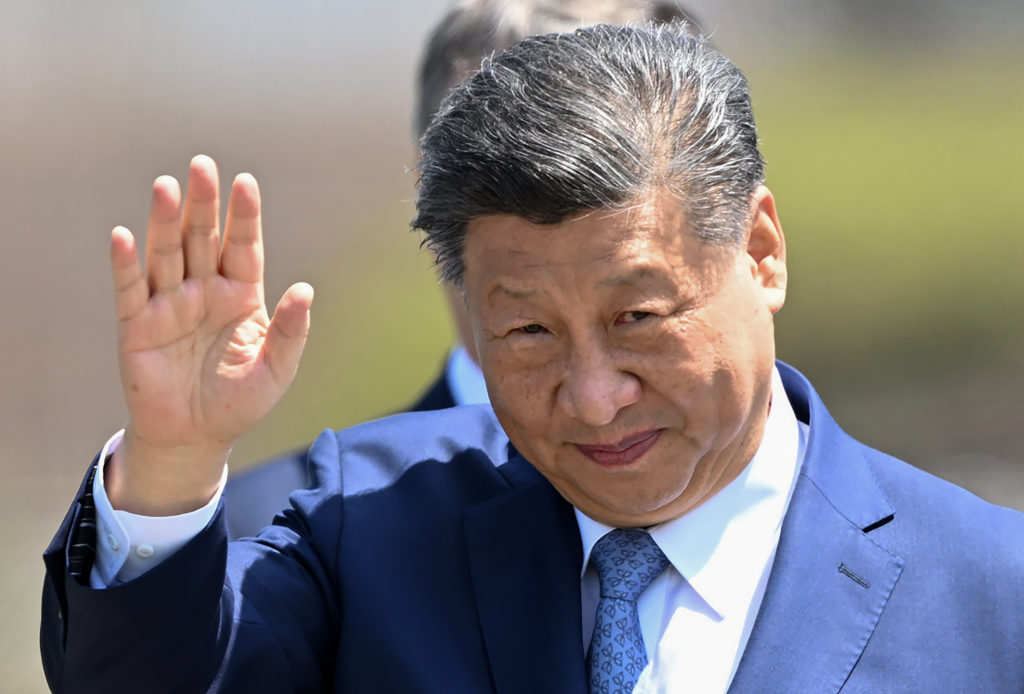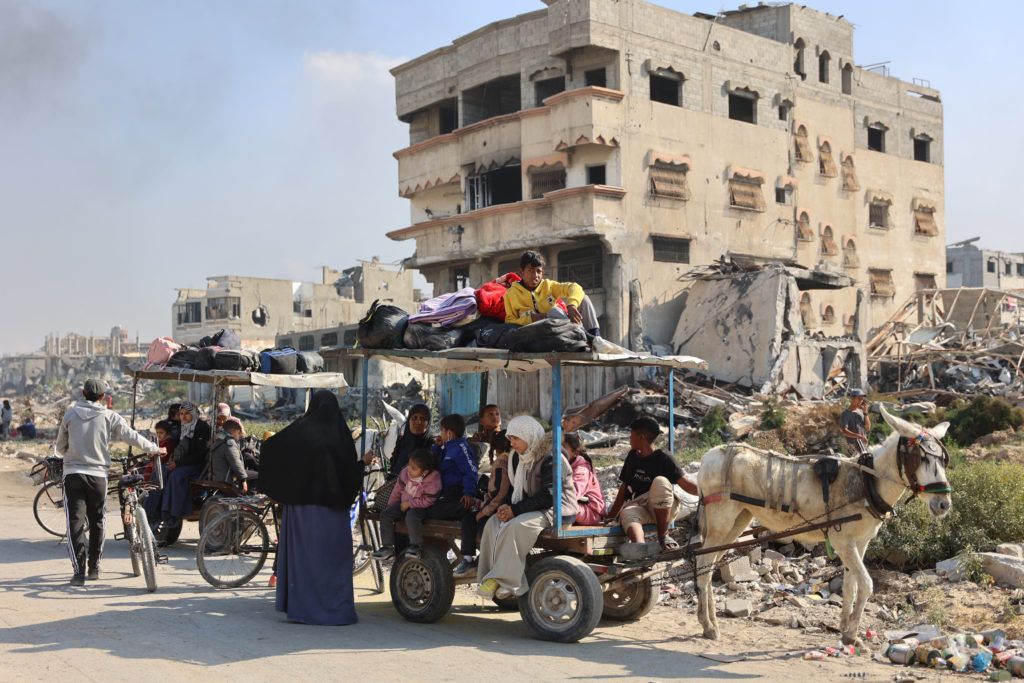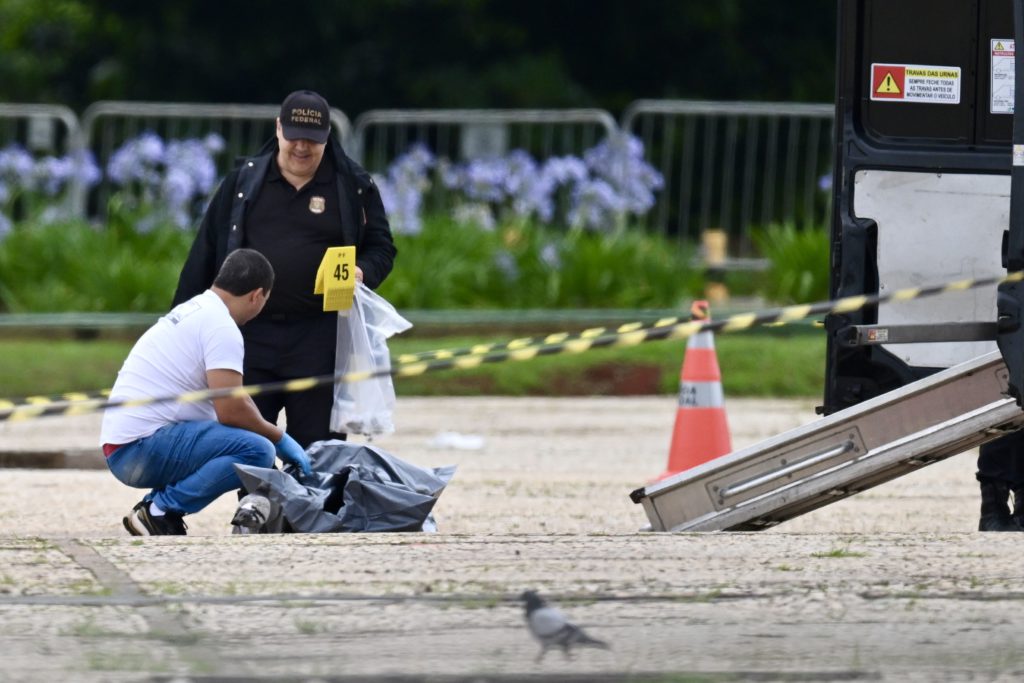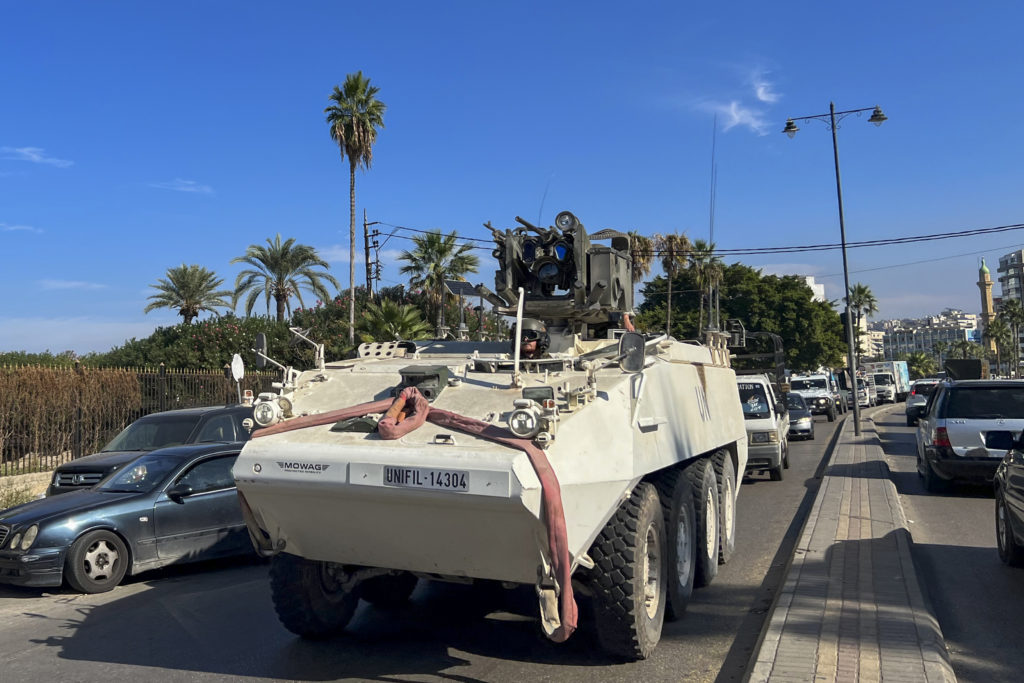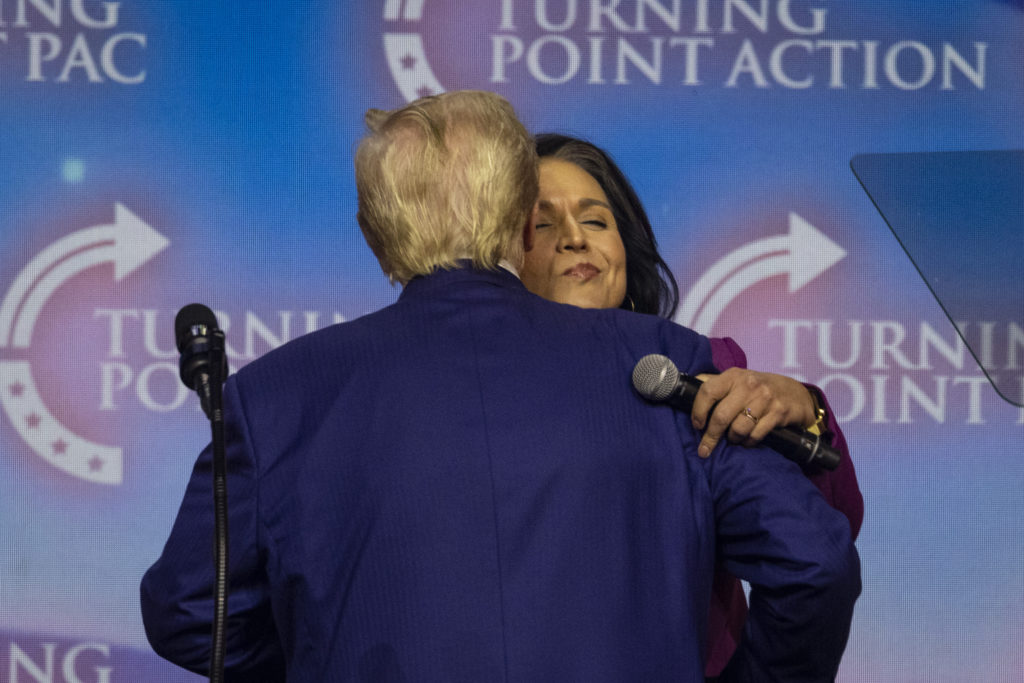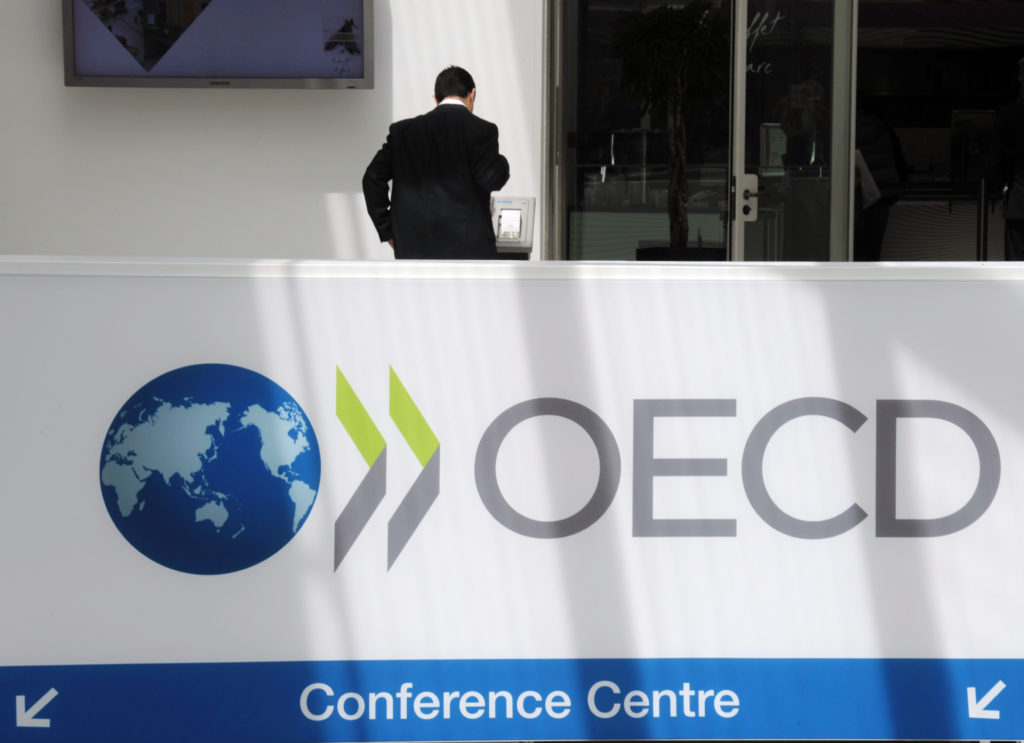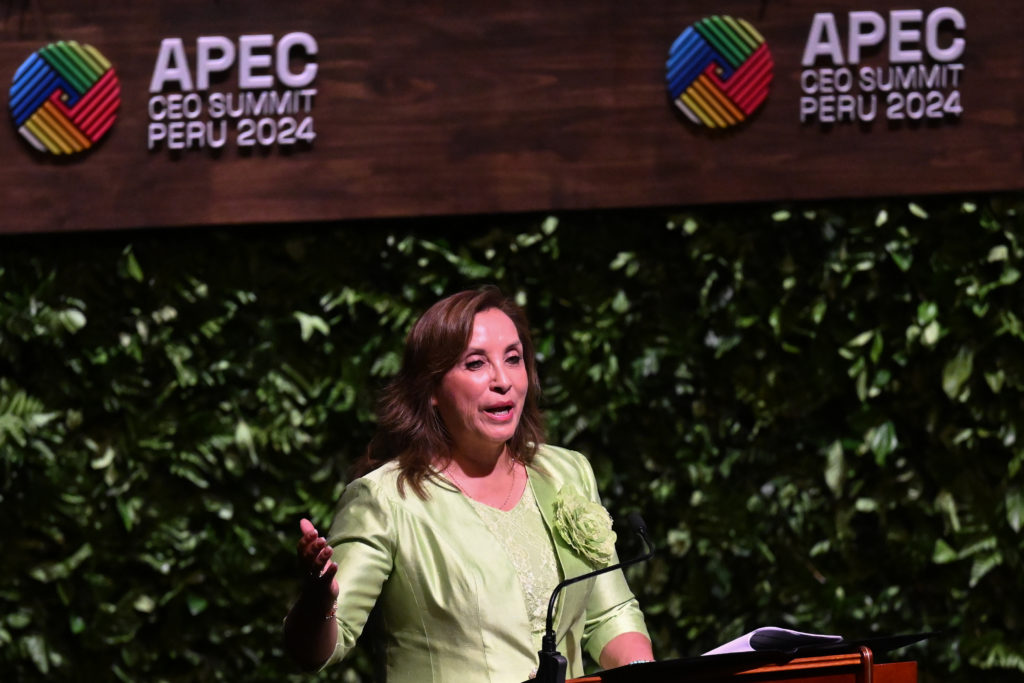A Taiwanese democracy activist, jailed in China for five years, on Tuesday described the court proceedings as a “fascist circus” and said he was told he might be released if he admitted to being a spy.
Lee Ming-che spoke publicly for the first time since returning to Taipei last month, following a national security conviction that further strained already tense relations between Taipei and Beijing.
The 47-year-old was jailed in central China in 2017 for “subverting state power” and said he faced long days of forced labour while in prison.
He was arrested during a trip to the mainland and held incommunicado for months before his fate was revealed.
Lee said Chinese national security officials demanded he confess to being an agent hired by the Taiwanese government, hinting that doing so would lead to a swifter release because the two sides had previously “swapped spies”.
“But I firmly refused to admit to the spying charge they wanted me to admit and instead I admitted to the ridiculous subversion charge,” he told reporters.
“Subversion is a personal act while spying implicates the whole Taiwanese government and I cannot betray my country,” he added.
China’s opaque courts answer to the Communist Party and have a near-100 percent criminal conviction rate. National security cases are shrouded in even more secrecy than regular prosecutions.
Lee pleaded guilty during his trial, stating that he had written and distributed articles online that criticised China’s ruling Communist Party and promoted democracy.
“We all know that the law in China is not used to protect people’s rights, it’s a tool to make the people unconditionally obey the state’s rule,” he said.
“The so-called open trial is actually a fascist circus.”
– ‘Slavery sweatshop’ –
Lee said he bought books and supplies and donated money to some Chinese political prisoners and their families, as well as visiting them on the mainland.
“My actions are very normal in Taiwan or any democratic society… I didn’t expect China would view my humanitarian acts as grossly as subverting state power,” he said.
He was sent to Chishan Prison in Hunan province where Lee said he initially had to work 11 to 12 hours daily all year round, except for a four-day lunar new year break.
Food often smelt “rotten” when it cooled and he was initially without hot water during Hunan’s bitter winters.
“Chishan is like a big factory… It’s a total slavery sweatshop,” Lee said, adding the prison produces gloves, shoes, bags and backpacks.
China’s prisons have long deployed forced labour programmes for inmates, something that has received increased international scrutiny following the construction of a vast detention system in western Xinjiang province.
Lee was accompanied Tuesday by his wife Lee Ching-yu who campaigned hard for her husband’s release.
Lee said he believed that campaign kept public focus on his case and helped improve his treatment.
Asked if he had anything to say to the Chinese government, Lee replied with a pro-independence slogan in Taiwan: “Taiwan, China, one country on each side”.
China claims self-ruled democratic Taiwan as its own and vows to seize it one day, by force if necessary.
Beijing has ramped up pressure on Taiwan since President Tsai Ing-wen came to power on the island in 2016, as she views Taiwan as an “already independent” sovereign nation and not part of Chinese territory.

